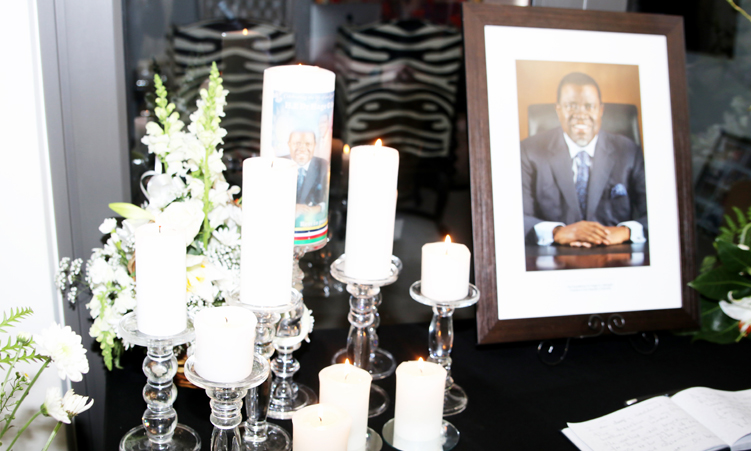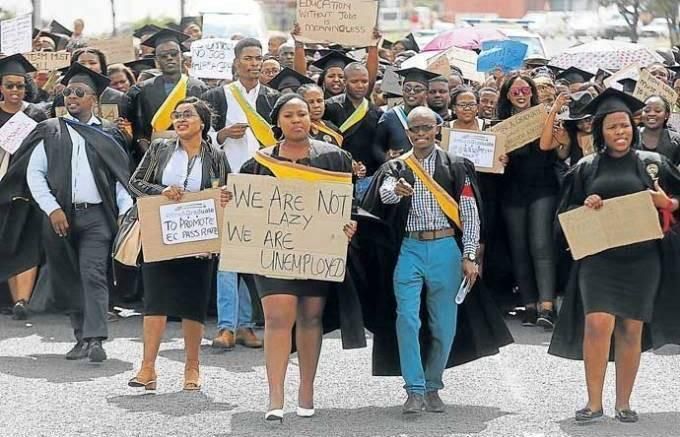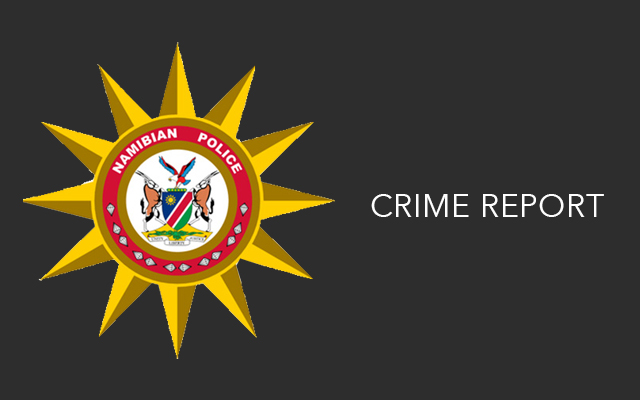Analysts have described president Hage Geingob’s tenure as overly satisfactory, pointing out that he was pushing for Swapo to go into the forthcoming election as a united front.
Speaking on Desert Radio’s ‘The Conversation’ last week, public policy analyst Graham Hopwood said although tensions remain following the 2022 congress, they will be addressed at the upcoming Swapo congress, due to take place in the next three months.
“It is a democratic process of electing the new party leadership. From the 2022 congress, Geingob never said his opinion of the Netumbo Nandi-Ndaitwah campaign, however he accepted the results.”
Geingob was excited about Swapo unity going into the elections and they would have backed Nandi-Ndaitwah as a chosen candidate, he added.
Hopwood described Geingob as a genuine democrat since he chaired the constituent assembly.
“He was able to bring warring factions in the country together within a short period and get them to agree and draft a progressive Constitution. That was a sign of his political ability … and we continue to see that.
“We have known him since 1989. He had a heart of politics … a heart of democracy and political development for a country, that is why civil societies will always be thankful to him for his role.
“His belief in democracy and human rights was shown right until the end. Even though he was often criticised by the media, he still fundamentally believed in media freedom. You cannot say that many leaders around the world, certainly not many leaders in Africa, demonstrated their support for the freedom of the media.”
He said the reactions to his death from political leaders, including those from opposition parties, show Geingob was a people’s president.
“One of his strongest skills was mediation. He listened to other people’s views and was able to bring opposing sides together. That was evident. In parliament, when he was prime minister, when it got tense sometimes, he was a source of humour, a very jovial man.”
‘A LISTENING MAN’
Hopwood described Geingob as a leader who listened even to those who criticised him.
He said Geingob tried to build a collective team in terms of his Cabinet by appointing talented and able people.
“During the state of nation address, he received questions from the opposition and it was interesting to see how he reacted to various issues. Generally, he was an open person, if there is something he [didn’t] like, he dismissed it quickly.”
Speaking on the same platform, analyst Marius Kudumo said Geingob strove for consensus on policy implementation.
“If you look at the drafting of the Namibian Constitution, under his chairmanship, the National Union of Namibian Workers questioned why the Constitution was being drafted in secret… whether it was addressing what they stand for.
“You can clearly see that this type of political environment requires some closeness in developing the Constitution, to reach consensus.
“In 1991, it was the land conference and people participated and recommendations came out,” Kudumo said, adding that it was unfortunate that the government didn’t follow through on the recommendations.
Kudumo said Geingob attempted to reach a consensus on emotional and sensitive topics in the Constitution and the land conference.
HE MADE AN IMPACT
Kudumo said Geingob made an impact internationally, referencing his representation at the United Nations.
“What makes you deliver at an international level is the clarity of the issues you are addressing and your understanding of them.”
“He had representation skills and understanding of what to say and how to say things. If you look at the tributes coming in, he placed the country on the global stage.
“His articulation of human dignity, freedoms and human rights, he did it well. He tried to focus on economic diplomacy during his tenure,” Kudumo added.
Economist Salomo Hei said Namibia garnered investment interest under Geingob’s reign, citing Namibia’s discovery of oil and gas and also due to the rule of law and democracy.
Hei said Namibia’s investment and economic policies give greater certainty to investors, adding that Namibia is open to business due to Geingob’s administration.
He described Geingob as a champion of democracy, who instilled investor confidence in the Namibian economy.
Stay informed with The Namibian – your source for credible journalism. Get in-depth reporting and opinions for
only N$85 a month. Invest in journalism, invest in democracy –
Subscribe Now!










